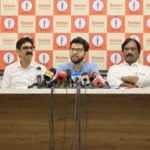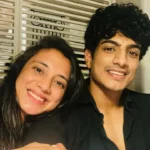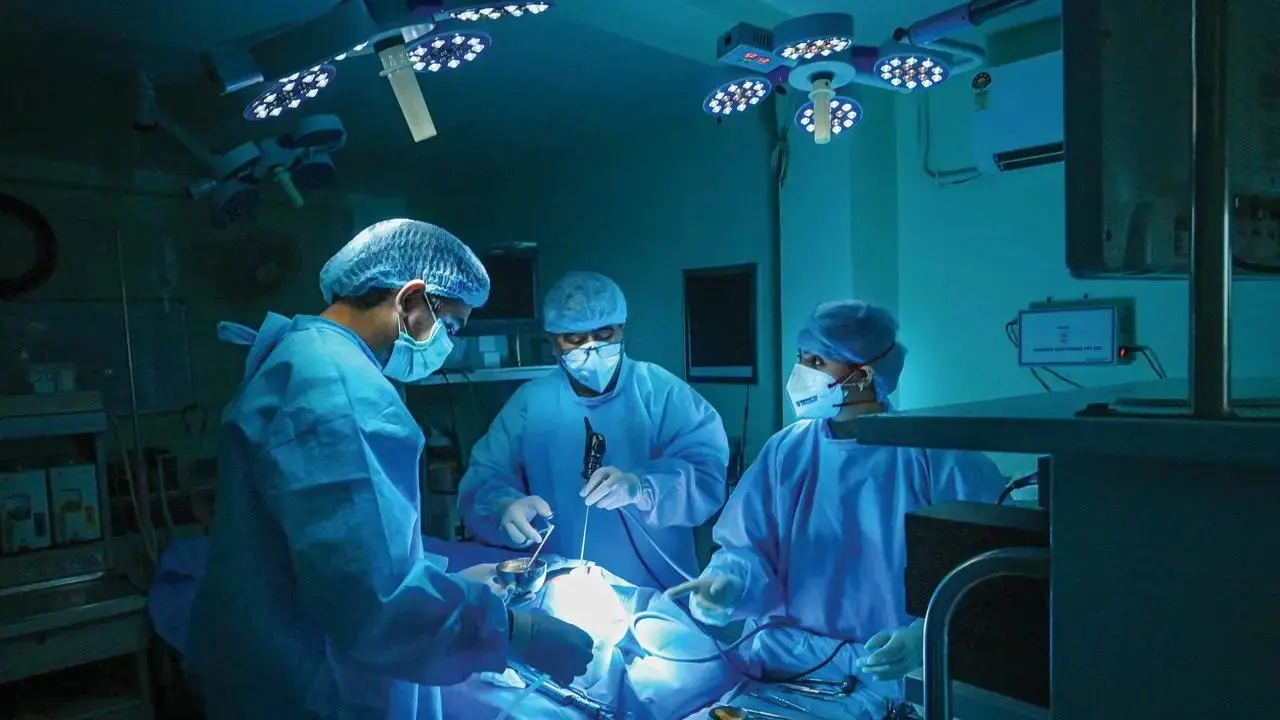Doctors at a hospital in Mumbai have successfully treated a talented young GI surgeon from Delhi following a ground-breaking sacral bone cancer chordoma surgery.
The intricate procedure, which utilised advanced navigation techniques and nerve-sparing technique with intra-operative neuromonitoring (IONM), was led by Dr Manit Gundavda, orthopaedic oncologist and lead surgeon at Kokilaben Hospital in Mumbai.
Dr. Gundavda, along with a multidisciplinary team of experts including neurosurgery, orthopaedic surgery, radiology, anaesthesiology, and nursing, performed the 15-hour long surgery to remove a bone cancer – sacral chordoma, a rare type of cancer (there are fewer than 1 case per million in the world) that occurs in the bones of the spine. 3D printing technology was used to create a model of the tumour to plan the surgery precisely.
Given the complexity of the tumour’s location, the surgical team employed state-of-the-art navigation technology to ensure precision and maximise safety. The use of IONM during the procedure played a crucial role in monitoring and preserving neural function, significantly reducing the risk of post-operative complications.
The surgery was performed successfully, and the 30 year-old GI surgeon has now resumed performing surgeries with no signs of bladder or bowel incontinence or lower limb weakness, which are common concerns associated with such complex procedures. This extraordinary recovery highlights the effectiveness of the nerve-sparing technique.











